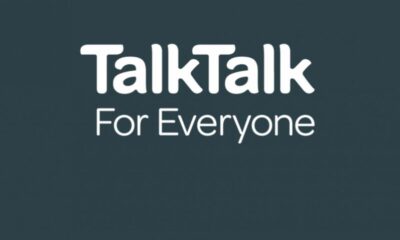Business
AI company secures $300 million valuation in major US private equity deal

Board Intelligence, a leading AI-driven company improving boardroom performance, has sold a majority stake to Californian private equity house K1, valuing the London-based company at up to $300 million (£230 million).
This significant investment will result in payouts of millions of pounds to founders Jennifer Sundberg, 44, and Pippa Begg, 40. The founders plan to leverage K1’s investment to fuel the international expansion of the company they founded in 2009 .
Board Intelligence has a customer base of 3,000, including prominent names such as John Lewis, National Grid and ITV. The company operates three primary divisions: a consulting service and two IT departments. One IT division runs a secure portal for distributing board papers, while the other offers an AI tool called Lucia, which helps boards evaluate the balance of the reports they receive. “If you write a report and it’s 100 percent good news, that’s probably not a balanced report,” Begg explains.
Before K1’s investment, Sundberg, Begg and their families owned 40% of the company, with 12% owned by 120 employees, 8% by angel investors such as boardroom veteran Sir John Egan, and 41% by private equity firm Susquehanna. get out now. Most existing shareholders will retain their shares, with the exception of one angel investor, the estate of the late Sir Mike Wilson, founder of St James’s Place.
Although specific transaction terms were not disclosed, Board Intelligence has experienced substantial growth, doubling its valuation from $100 million three years ago. Despite a loss of £859,000 in 2022, as reported in the latest Companies House filings, the company has since returned to profitability.
Sir John Egan, former CEO of Jaguar and BAA, backed the company on its potential to streamline boardroom documentation. “I had just started as non-executive chairman and was shocked by the enormous board packages – often 200 to 300 pages long – and also that there was often little thought given to what the board meeting itself was supposed to achieve,” he said.









